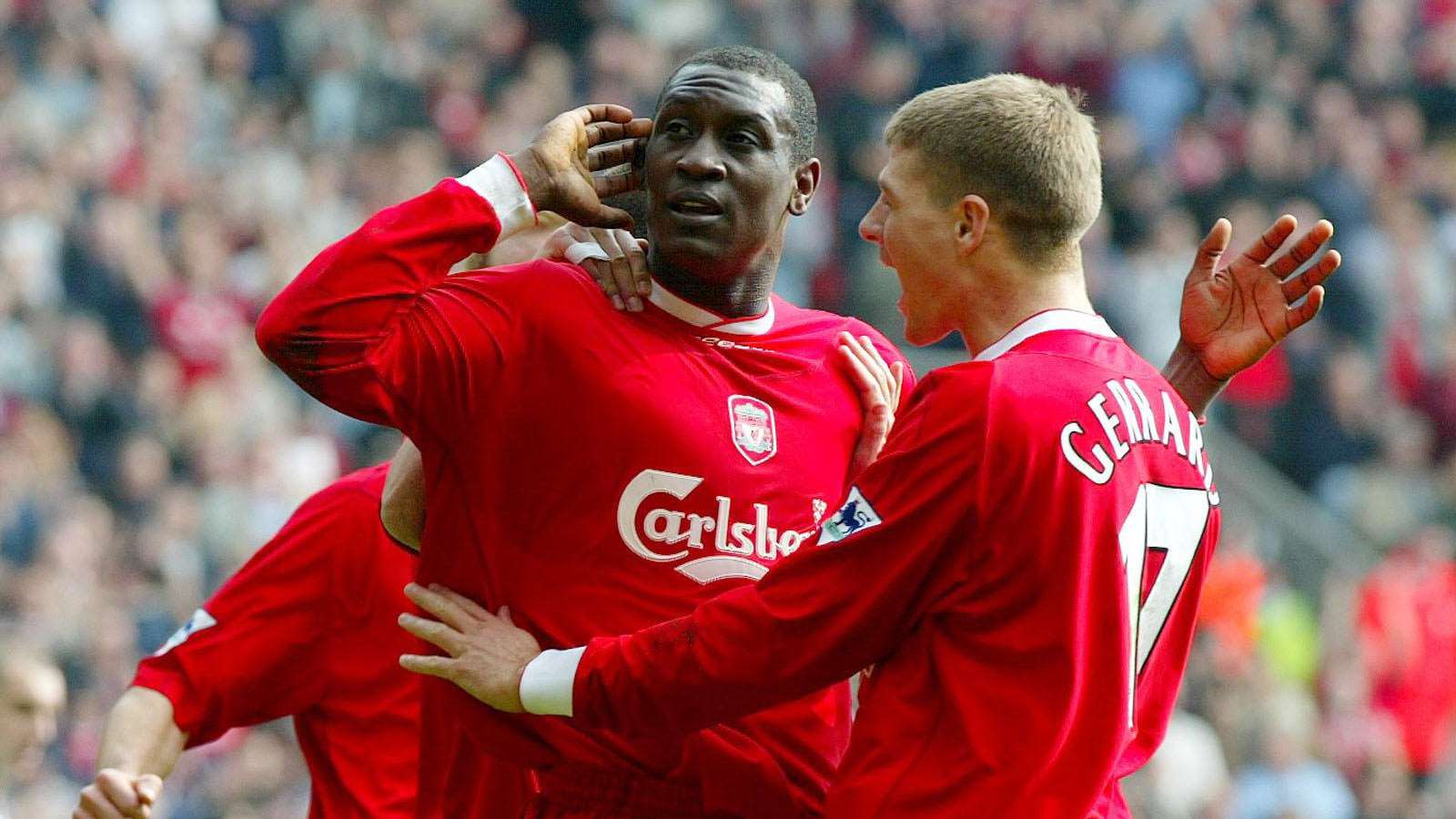Liverpool striker Alexander Isak talks about life at Liverpool, adapting to the club and city, and preparing for his first 90-minute performance since May.
When Isak refused to speak to the media during Sweden’s September internationals, it felt symbolic the striker turning inward at the exact moment the spotlight burned brightest.
His £125 million move from Newcastle United to Liverpool had dominated the summer, a transfer saga that tested the patience of all parties before resolving only on deadline day.
Back then, Isak chose silence. This week, ahead of Sweden’s World Cup qualifier against Switzerland, he finally spoke and the tone was markedly different.
“Tomorrow I’m ready for 90 minutes if needed,” he said. “It’s been a month now. I’ve had a lot more playing time and things have calmed down. I feel in a much better position now than last time.”
The move that brought Isak to Anfield was never straightforward. By the time Liverpool’s medical team were assessing him at Kirkby, he had barely trained with Newcastle for months. Determined to leave, the 26-year-old effectively went on strike to force the transfer through missing their entire pre-season schedule and the start of the Premier League campaign.
That left Liverpool inheriting a world-class forward with match rust rather than match rhythm. Inside the club, there was excitement at his arrival but also caution. The medical department urged patience; Arne Slot’s coaching staff were keen to integrate him quickly but recognised the risks of overexposure.
Since joining, Isak has logged 312 minutes in a Liverpool shirt six appearances, three starts, one goal, one assist. It’s been a steady, rather than spectacular, beginning.
His only goal so far came against Southampton in the Carabao Cup, but there have been glimpses of his quality the clever assist against Chelsea, the movement between lines, the flashes of that languid, deceptive acceleration that makes him so difficult to read.
Slot has described his handling of Isak as “measured, not cautious,” and the player himself agrees.
“I’ve had a lot more playing time and things have calmed down,” Isak said. “I feel in a much better position now than last time.”
Those close to Isak suggest he has settled quietly into life on Merseyside. Away from the cameras, he’s kept a deliberately low profile, spending more time at the AXA Training Centre. Yet, when asked about Liverpool in his pre match press conference, his face lit up.
“Great so far,” he smiled. “Great team and a city where the team has a good relationship with the fans. It’s been okay so far.”
For Sweden, this international window carries greater urgency. Two games into World Cup qualifying, they are already five points behind leaders Switzerland. Friday’s fixture in Stockholm has been framed as must win.
Isak knows the pressure well. “Of course you have that feeling,” he said when asked about his role. “It automatically means you get a leading role. I’m starting to become one of the older ones. I want to be a leader and feel a responsibility, both on and off the field.”
The words mark an evolution in his tone from a reserved young striker to someone aware of his stature. At 26, Isak is entering what should be his peak years. For Sweden, and for Liverpool, the hope is that this is the moment his physical readiness meets his technical brilliance.
“There is pressure on us and high expectations,” he said. “But that is common in football. We have the same ambitions as the Swedish people. Hopefully we can live up to the expectations.”
Liverpool’s decision to sign Isak at a British-record £125 million was framed as a statement of intent: a player capable of stretching defences, scoring goals, and evolving the attack. But the Reds hierarchy knew it would take time.
Arne Slot’s side face Manchester United next a fixture that already carries narrative weight after back-to-back defeats to Crystal Palace and Chelsea. Whether Isak starts remains to be seen, but the message from Kirkby has been consistent: long-term fitness over short-term flash.
Isak’s arrival promised fireworks. Instead, it has offered something subtler a slow rebuild of rhythm and confidence. As he declared himself ready for 90 minutes again, there was a quiet conviction about him.
“I hope that the people who are there believe in it and bring with them the positive energy that we will need to get that extra,” he said of Sweden’s supporters. “It is important that we are all on the same track and help Sweden win.”
It’s a sentiment that could just as easily apply to Liverpool.
Football often asks for instant miracles, but real growth takes time. The next step is to show Anfield why he was worth every penny.




